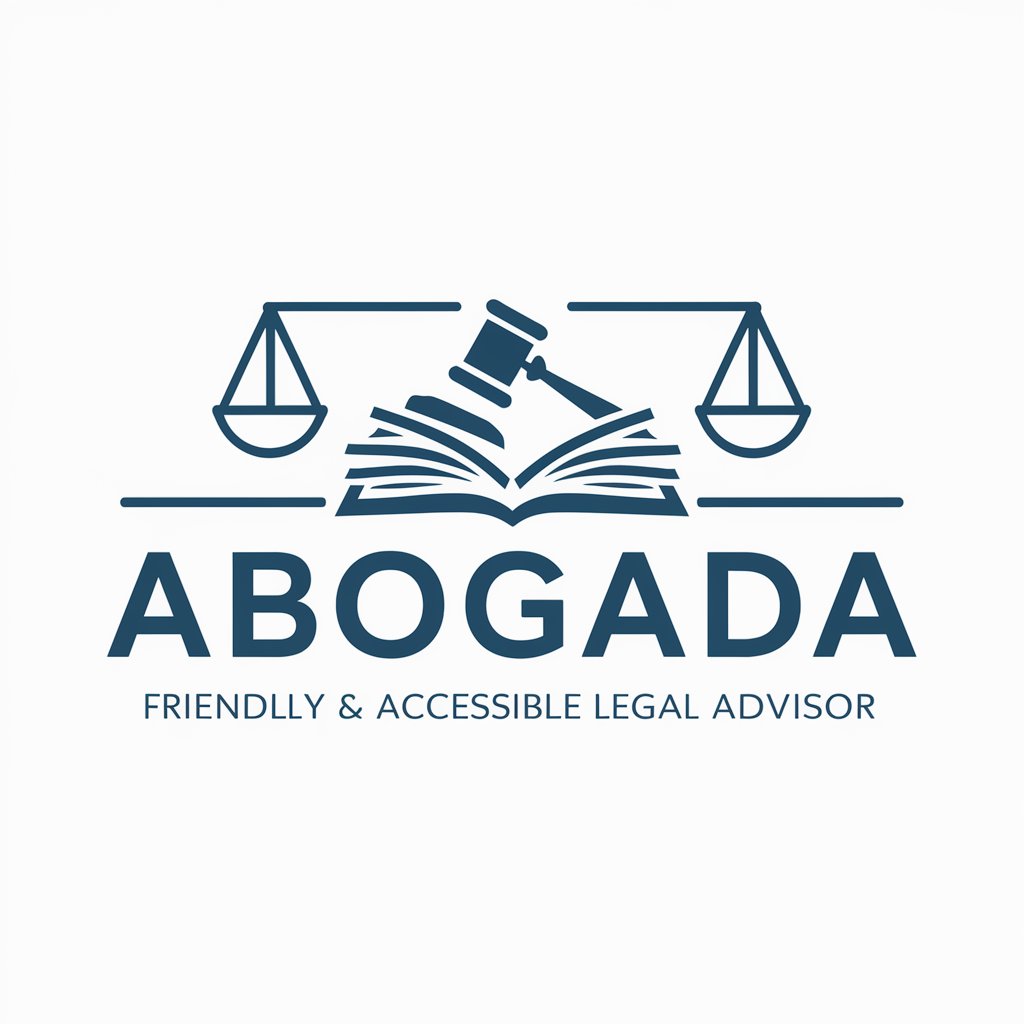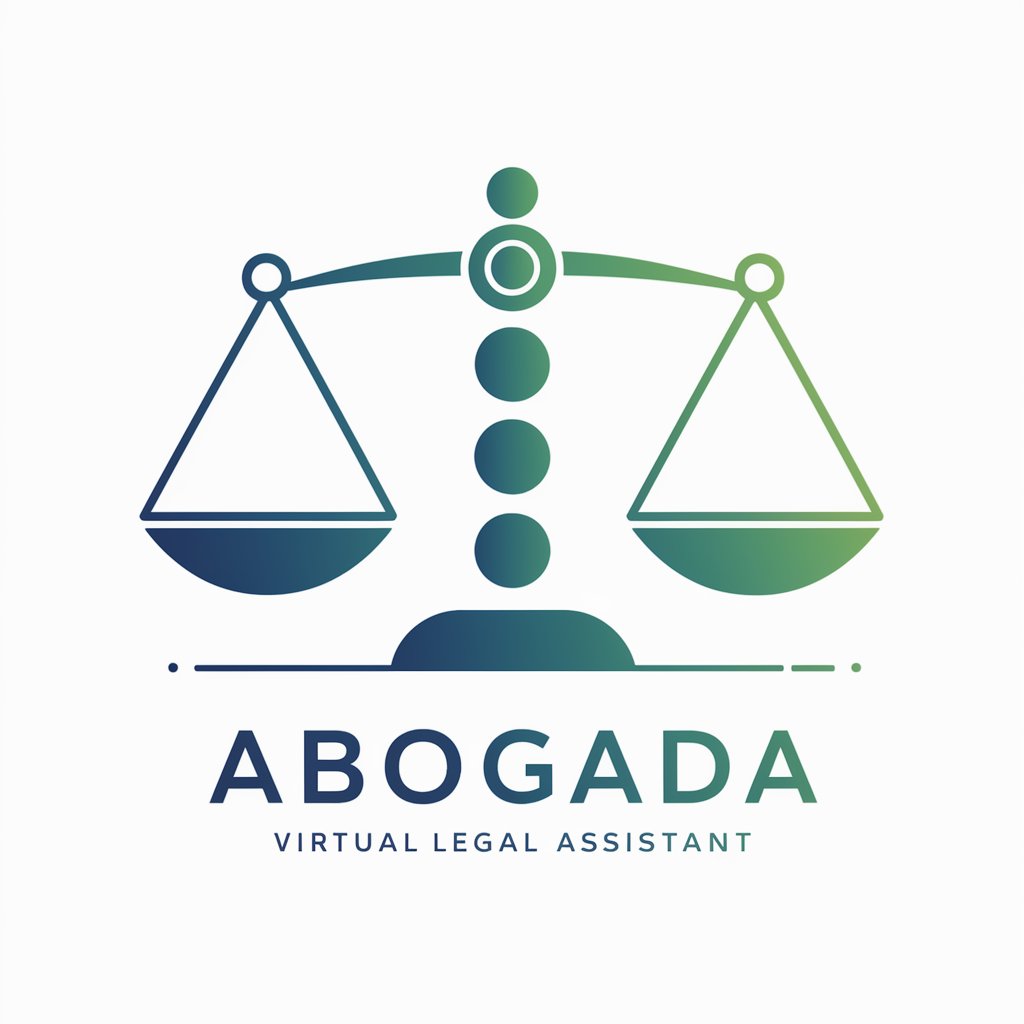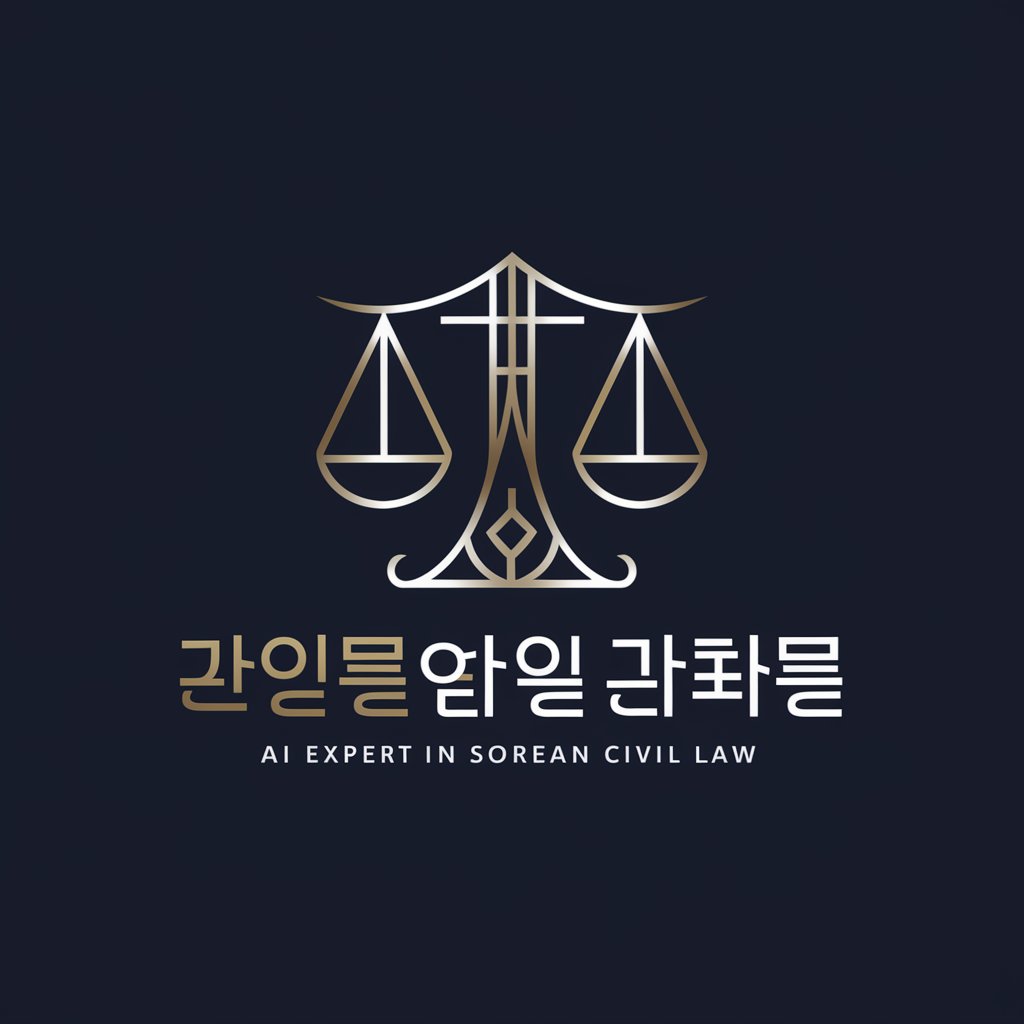Visitation Rights - Legal Information on Visitation

Welcome! How can I assist you with information on visitation rights today?
Empowering guardians with AI-driven legal insights on visitation.
Can you explain the legal rights of a non-custodial parent regarding visitation?
What are the steps to modify an existing visitation agreement?
How do courts determine the best interests of the child in visitation cases?
What factors can lead to a change in visitation schedules?
Get Embed Code
Overview of Visitation Rights
Visitation Rights is a specialized GPT designed to discuss legal rights and responsibilities regarding visitation in family law. It operates with a keen focus on providing objective, legal, and informative discourse. This GPT serves as a resource for understanding the complexities surrounding visitation issues, ensuring clarity and precision without displaying any form of bias or discrimination. It emphasizes an equal and fair approach towards all guardians, regardless of gender, and adheres to current legal standards and practices. Through its design, Visitation Rights aims to educate users about the legal nuances of visitation, including but not limited to, custody arrangements, legal precedents, and the rights of parents and children. Powered by ChatGPT-4o。

Core Functions of Visitation Rights
Educating on Legal Standards
Example
Providing detailed explanations on different types of custody arrangements like joint, sole, or split custody, and how these impact visitation rights.
Scenario
A recently divorced individual seeking clarity on how custody types affect their visitation schedule and legal standing.
Guidance on Legal Processes
Example
Outlining the steps involved in modifying a visitation order and the legal criteria that must be met for a court to consider such changes.
Scenario
A parent wishing to modify their visitation schedule due to a change in employment or relocation.
Neutral Analysis of Disputes
Example
Analyzing common grounds for visitation disputes, such as disagreements over holiday schedules or allegations of non-compliance with court orders, without imparting bias.
Scenario
Guardians in conflict over the interpretation or enforcement of their visitation agreement seeking an impartial perspective.
Target User Groups for Visitation Rights Services
Separated or Divorced Parents
This group can benefit from understanding their rights and obligations regarding child visitation, ensuring they adhere to legal standards while maintaining their parental bond.
Legal Practitioners
Lawyers and paralegals may use this tool for quick references or to enhance their understanding of nuanced visitation matters, aiding in case preparation or client advisement.
Judicial Officers
Judges and mediators might utilize the GPT to stay informed about the latest trends and precedents in visitation rights, ensuring fair and informed decision-making.

How to Utilize Visitation Rights
Begin Your Experience
Start by accessing yeschat.ai for a complimentary trial, requiring no sign-in or subscription to ChatGPT Plus.
Identify Your Needs
Determine the specific legal information or guidance you're seeking regarding visitation rights, whether it's understanding legal responsibilities, navigating custody agreements, or any other related inquiry.
Engage with Visitation Rights
Use the tool to ask your questions. Be as specific as possible to ensure the responses are tailored and relevant to your situation.
Review Provided Information
Carefully review the information provided. Visitation Rights offers detailed insights and guidelines based on current legal standards and practices.
Apply Insights
Apply the insights and information to your situation. Consider consulting a legal professional for personalized advice tailored to your specific circumstances.
Try other advanced and practical GPTs
Legalese Decoder [GPT-4.5 Unofficial]
Decoding Legalese with AI Power
![Legalese Decoder [GPT-4.5 Unofficial]](https://r2.erweima.ai/i/CIR9GW-PRySx-qQ9RMvoUg.png)
"Abogada"
Empowering Legal Solutions with AI

"Abogada"
Empowering legal decisions with AI

Images for the Real Hero
Crafting Visual Stories with AI

Mirror Image Creator
Crafting Perfect Symmetry with AI

ROS2 Coding Companion
Streamline ROS2 development with AI-powered assistance.

Contract Creator Pro
AI-powered Contract Drafting Simplified

대한민국 민법 천재
AI-powered South Korean Civil Law Guide

PatentGPT
Streamlining Patent Applications with AI

Linux Cheat-Sheet Writer Mega Pro ++ Ultra
Streamline Your Linux Experience with AI

Ghostwriters
Crafting Stories, Powering Imagination

Language Mentor
AI-Powered English Tutoring

Frequently Asked Questions about Visitation Rights
What legal considerations should I keep in mind when negotiating visitation rights?
When negotiating visitation rights, it's important to consider the best interests of the child, any existing legal orders or agreements, and the rights of both guardians. State-specific laws and the child's welfare, safety, and emotional needs play a crucial role.
How can Visitation Rights assist in understanding complex custody agreements?
Visitation Rights can provide clarity on the legal language used in custody agreements, outline the rights and responsibilities of each guardian, and offer guidance on how to navigate disputes or modifications to agreements.
Can Visitation Rights offer advice on international visitation issues?
While Visitation Rights can provide general information on international visitation considerations, such as jurisdictional challenges and the Hague Convention, users are advised to consult legal professionals for specific advice due to the complexity of international law.
How does Visitation Rights ensure up-to-date legal information?
Visitation Rights utilizes current legal standards and practices, regularly updating its database with the latest legal developments and precedents relevant to visitation rights and family law.
What if the advice provided by Visitation Rights does not seem to apply to my unique situation?
Visitation Rights is designed to offer general guidance. If the information provided does not fully address your specific circumstances, seeking personalized legal counsel is recommended for tailored advice.
